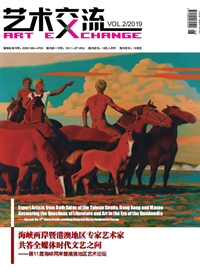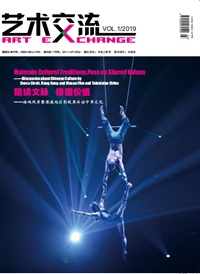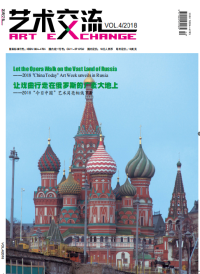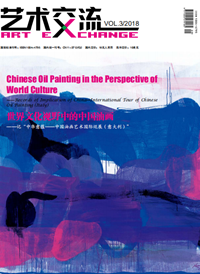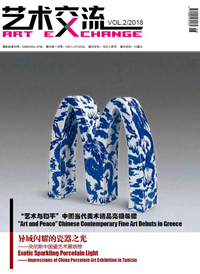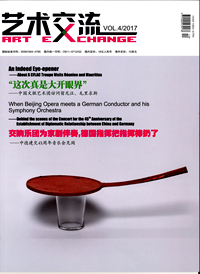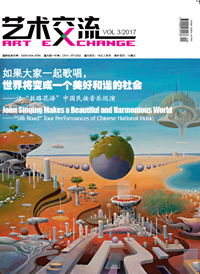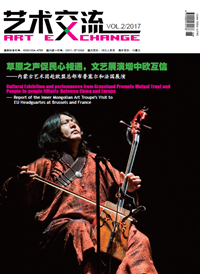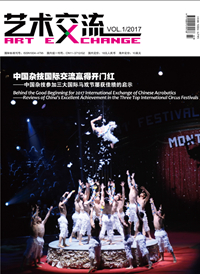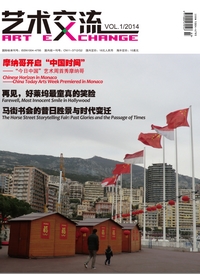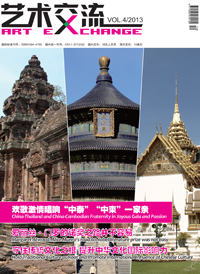
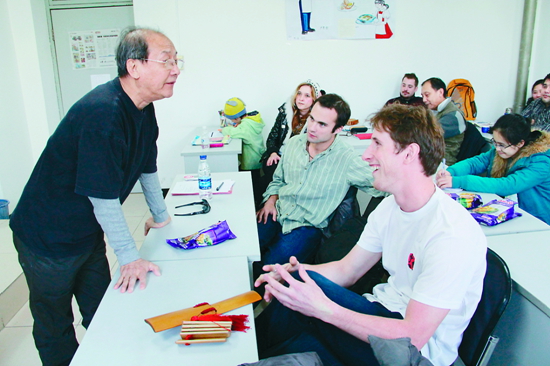
During his twenty-two years’ teaching, a Chinese has taught more than 200 foreign disciples from 70-odd countries. Being inspired by him, these disciples turn from the fans of Chinese culture to the transmitters and set up a bridge over the Chinese culture and foreign culture. They continuously do their bit for this bridge and try to reinforce, solidify it, bringing new life to it over years as well. This Chinese is Ding Guangquan, the crosstalk performing artist and the well-known instructor for foreigners in Beijing.
Recently, Ding Guangquan who led his foreign disciples to perform and deliver lectures in the Confucius Institute at the University of Hawaii unprecedentedly accepted a new disciple. In 1980s, Hou Baolin, the respected master of Ding accepted a disciple named Wu Zhaonan in U.S. Up to now, Ding has accepted 4 foreign disciples in succession and specially carried out the ceremony of acknowledgement in front of Chinese and American teachers of the Confucius Institute according to the traditional convention of crosstalk field.
In the afternoon of every Saturday, a classroom of Beijing University of Chemical Technology will be filled with laughs. The young men from Switzerland, U.S., Russia, Romania, Iran and Vietnam come to the platform and perform the traditional forms of comic dialogue, viz. clapper, rhythmic storytelling, monologue and crosstalk. Standing in front of the platform, Ding Guangquan tapped the rhythm on the table for disciples. While pointing out their shortcomings and progress, he instructed the standing position and gestures of two crosstalk performers, the skill of provoking various laughers, the rhythm of clapper and storytelling. In the eyes of Ding, crosstalk must be treated as the academic study as well; even those foreigners must be professional in performing crosstalk. “We come to know our ignorance only when we are studying and vice versa.” He often told disciples that “We should seriously treat such an art containing rich cultural connotations.”
Ding Guangquan remarked, “It is OK to put some materials with characteristics of times into the crosstalk, but it will be not good for this art to completely pursue those cheap laughs. It is far from being a crosstalk just by casually exposing some phenomena found from the internet or TV.”
Ding held that it would be concerned with the correct understanding of crosstalk, the essence of the performing art. He was worried about that many crosstalk audiences would identify those performances on the internet or in small-sized theaters with the whole picture of crosstalk. He said, “Crosstalk has the history of 200 years and has gone through several stages. We all hope to present it as the precious cultural masterpiece; however, the current situation is not satisfying. Some terribly vulgar crosstalk performances dominate. We should carry on the cultural fortune handed down by the older generations, instead of ruining it. So, I consistently tell disciples at class that the real crosstalk should embody the essence of Chinese culture, not just poking fun in order to maximize the performing effects. Crosstalk should make progress gradually and the audiences should come to know the culture and art over years through crosstalk, not just to seek the sensory excitement.”
According to Ding, crosstalk not only embodies the essence of traditional Chinese culture, but also assumes more important mission, viz. to serve society and set up the bridge for the Chinese culture and foreign ones. “I will not have many demands for them in the basic skills of crosstalk, viz. saying, imitating, provoking and singing, but I have other requirements. You study crosstalk with me for free, you shall have the sense of duty, conscience and know how to pay society back after having mastered the knowledge and skills.” The study of crosstalk does bring lots of help for these foreign disciples in life and work. Owing to it, Mo Kai, an American disciple with the Chinese name who was born in 1980s can have a better understanding of Chinese contexts while translating works of Chinese literature. Li Mu, a Swiss boy with the Chinese name can perform the clapper to canvass for the donation for Japanese earthquake victims in the subway carriages and offer his loving care. “From the macro perspective, they are the link and bridge that reinforce friendship and union between peoples from different countries. This bridge will enable Chinese and foreigners to understand each other despite the language barriers. For them, the significance of this work is more important than the crosstalk itself.” Ding mentioned.
On the other hand, Ding Guangquan believes that crosstalk is the best means to serve society amid laughs. He often heads his disciples to perform for grass root and put on the free show for the common people. In the Cultural Centre of Fengtai District and Hepingli Community Center in Beijing, people can often enjoy Ding and his disciples’ performances. “I am very glad to participate in those public welfare activities. Not only I, but also my disciples have the positive opinions about it. One day, we planned to perform for prisoners to extend our good intentions, but it was not approved, over which all of us were disappointed. In these foreign disciples, you can find the shining points that touch you and indicate the good characters, which are the primary requirement of being a crosstalk performer just as I have said. I always tell the student that you should be a good man firstly, then you can perform the crosstalk well.”



